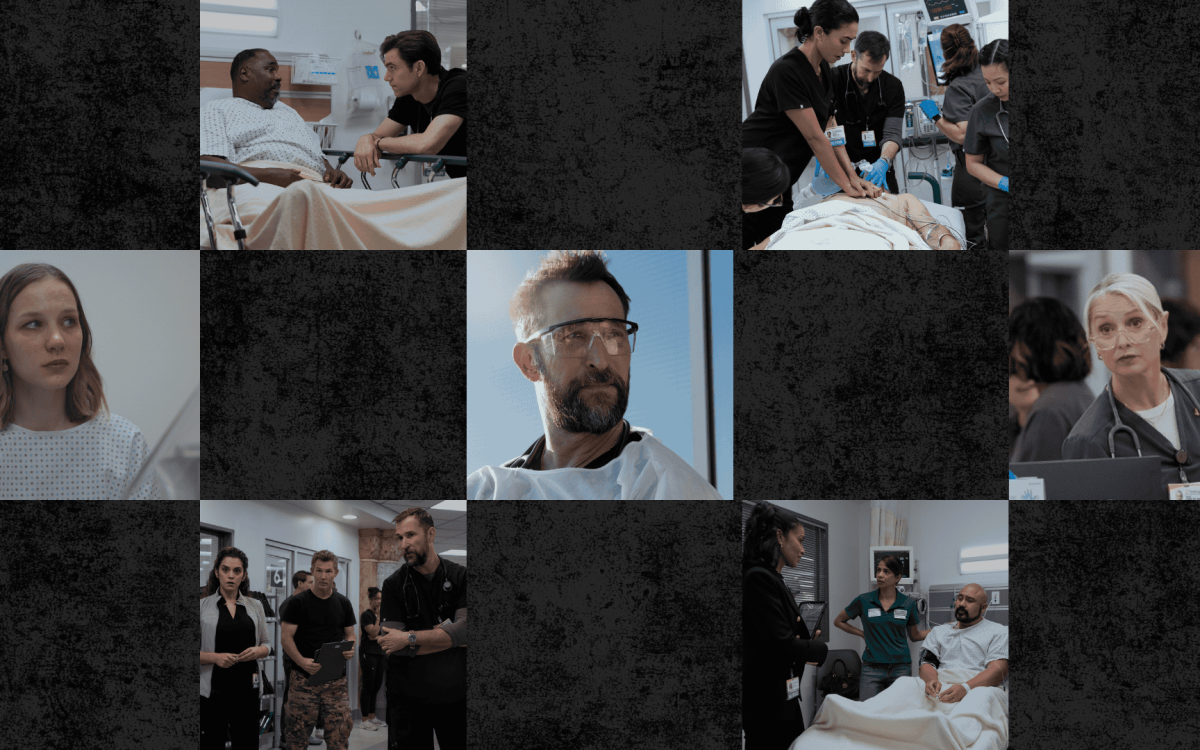Hundreds of thousands with multidrug-resistant tuberculosis could be saved
With now proven community-based outpatient treatment program
A study has provided the first hard evidence that outpatient community care in poor, urban shantytowns can work for the most difficult to treat form of tuberculosis. The multidrug-resistant tuberculosis treatment model could ultimately help save hundreds of thousands of lives worldwide. Among those who completed at least four months of therapy, the percentage with probable cures in this community-based study was 83 percent, as high as any reported to date, even in hospital settings. I “The scale of human suffering from the tuberculosis pandemic is overwhelming, and multidrug-resistant tuberculosis brings an almost indescribable helplessness,” says Carole Mitnick, the study’s lead author with the Harvard Medical School Department of Social Medicine’s Program in Infectious Disease and Social Change. “Finding an end to this tragedy requires high-quality ambulatory care that can be delivered in resource-poor nations,” says Mitnick. “This study reveals the effectiveness of our model against multidrug-resistant tuberculosis and offers new hope to those sick with multidrug-resistant tuberculosis and other chronic infectious diseases.” The study was supported by the Bill & Melinda Gates Foundation, Thomas J. White, the Massachusetts State Laboratory Institute, the National Institute of Allergy and Infectious Diseases, and Eli Lilly.




